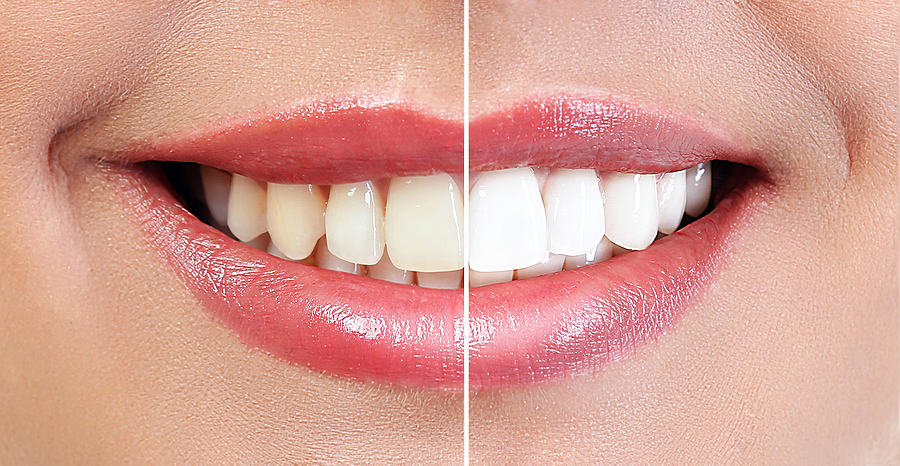Posted by Parke Rogers Dentistry on Oct 25 2017, 10:13 AM
Our upper and lower teeth are designed to float against each other, with surface contact of any force happening when we bite into or chew our food. However, many people suffer from jaw clenching or unnatural tooth grinding that can compromise the integrity of their teeth, causing wearing, cracking, jaw impairments and other health issues. Here’s what you need to know about this common dental issue.
Teeth grinding, also called “bruxism,” is a condition that occurs when people excessively clench or grind their teeth together in a sideways movement when not eating. While the majority of teeth grinding and jaw clenching occurs during sleep, it can also occur during the day. Teeth grinding is as common in men as women and typically starts during the childhood and teenaged years, but can begin at any age.
Dental researchers used to think that tooth grinding and jaw clenching were caused by malocclusion, also known as a “bad bite.” However, the latest research indicates that there are a variety of causes, including stress, anxiety and sleep disturbances. Other causes could be the result of the side effects of medications prescribed for developmental disorders, schizophrenia and depression, as well as recreational drugs like cocaine and ecstasy, which stimulate the brain.
While your tooth enamel is normally subjected to stress that wears it down approximately 0.3 millimeters every 10 years, grinding your teeth can cause you to lose up to 2 millimeters of enamel erosion by your mid-twenties. People who grind their teeth while sleeping typically spend 40 minutes grinding for every hour they’re asleep, exerting up to 250 pounds of force per square inch. In addition to wearing down tooth enamel, bruxism can cause health and dental issues such as:
Some of the effects of tooth grinding are visible, such as flattened, chipped, fractured or loose teeth, worn tooth enamel, tooth sensitivity or waking your partner with audible grinding noises. Other symptoms might not be as easy to pinpoint, such as dull headaches in the temple region, pain that feels like an earache, neck, jaw and face pain, tight jaw muscles or the inability to open your mouth completely, abrasions on the inside of your cheek, and sleep disruption.
While there is no cure for tooth grinding, there are treatments that can help you manage the condition, reduce the damage and alleviate painful symptoms. For example, a custom-fitted bite plate that acts as a buffer or bumper guard can absorb some of the impact of clenching or grinding.
Additional treatments include:
If you suspect that you grind or clench your teeth, consult with your physician and make an appointment with your dentist for a bruxism evaluation. Your dental professional can determine the extent of wear and tear to your teeth, gums and jaw, and offer solutions to offset further damage.

Are Veneers Worth the Investment? Here’s What You’re Really Paying For

Do Dental Implants Feel Like Real Teeth? What You Need to Know

The Comprehensive Health Benefits of Investing in Cosmetic Dentistry

The Impact of Dental Implants on Jawbone Health & Facial Structure

Enhancing Your Smile with Cosmetic Dentistry in The Woodlands 77380
MON 7:30 am - 4:30 pm
TUE 7:30 am - 2:30 pm
WED - THU 7:30 am - 4:30 pm
FRI 7:30 am - 2:30 pm
SAT - SUN Closed